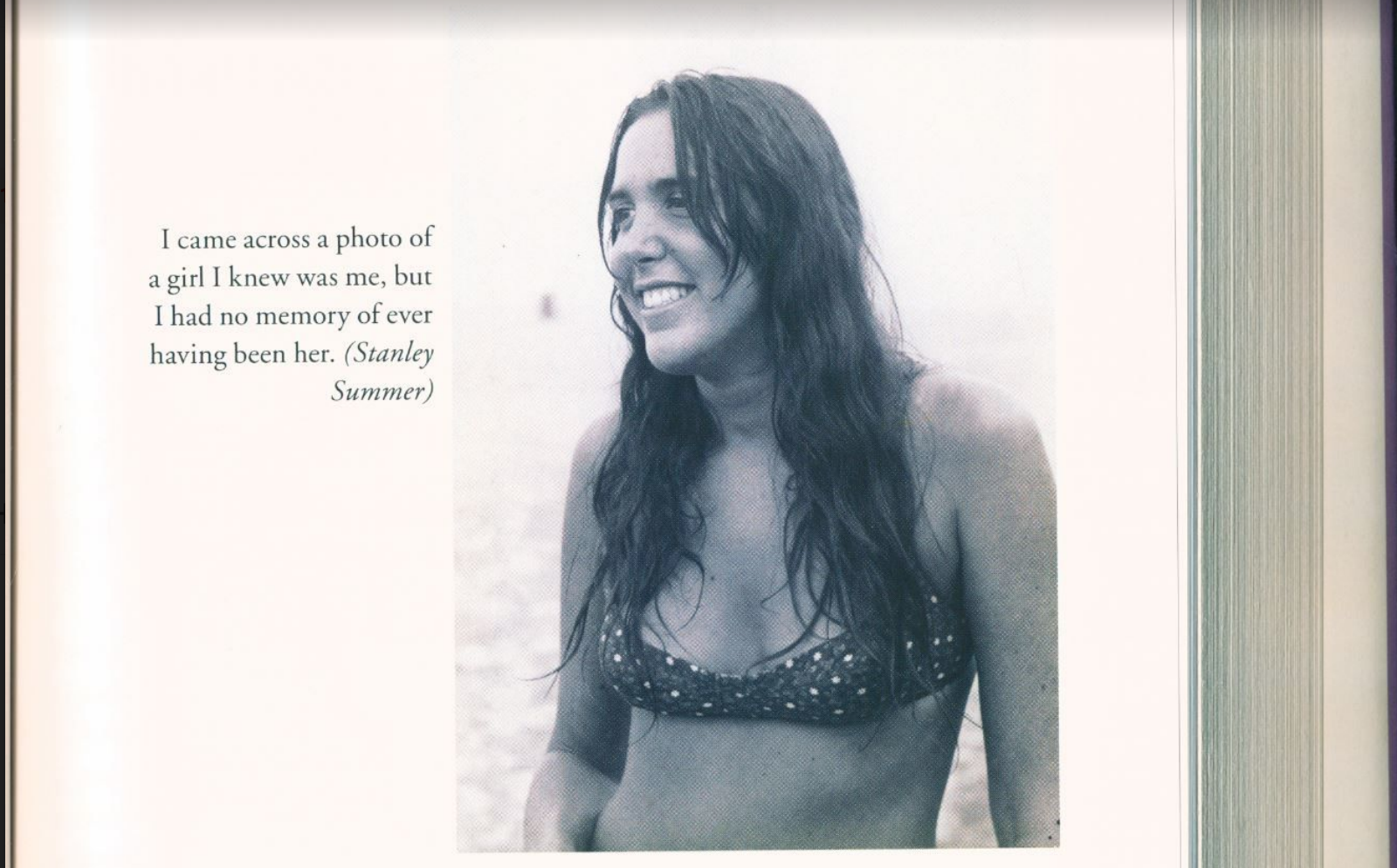Irony in Vulnerability: A Review of Robin Green's The Only Girl
By Grace Oeth
Sex, drugs, rock and roll; crabs, joints, waterbeds, psych wards, naked photoshoots, disappointed mothers, and a narrative sense of humor to go along with them.
Robin Green, personal photo found in memoir
In her new memoir, “The Only Girl: My Life and Times on the Masthead of Rolling Stone,” Robin Green writes about her professional and personal lives throughout her writing career and how those two labels blurred. After Rolling Stone, Robin Green moved on to earn her MFA at the University of Iowa, and wrote for television shows, such as “The Sopranos,” which earned her three Emmys, “Northern Exposure,” which also won a multitude of awards, and “Blue Bloods,” which she co-created with her husband. But instead of keeping her audience at surface-level, Green offers her truth through a cheeky narrative. From complete lists of men she slept with—until she lost track—to the emotional rollercoasters of writing stories on celebrities, this memoir gives us a time capsule of what life as a writer in the seventies truly was: unpredictable.
With Green’s ironic and humorous tone—which she sometimes directly acknowledges—her writing and style never hinder her ability to be honest. If anything, the informality of her voice invites a level of comfort to her narrative, establishing the relationship between author and reader. Green paints herself as a relatable character, which pulls us in, keeps us invested, and ready for whatever she throws at us next. Which on more than one occasion, is vulnerability.
Along with these wild rides and commentary about working in the publishing world, Green circles back to her writing process, and what it means to be a good, female writer, which is to say, it’s hard. As her first female friend in television, Barbara, “any writer who doesn’t throw her stuff outside the door, ring the doorbell, and run like hell probably isn’t that good.”
Green uses her platform, and the comfortability that her style allows, to open the conversation about women’s voices in media. Through these personal stories of triumph and failure, she deceptively offers her readers advice and insight into the life of a female writer. In addition to her role on the masthead, she goes through her old writings, sees the flaws, the victories, and how they have affected her work today. Through her inner dialogue, she exemplifies what every writer must do—open themselves to self-critique: “The Esquire editor hadn’t called me the new bitch for nothing. I can see now that I was, in much of my writing, at least, on a one-woman crusade to out the pretentious, the phony, the self-deluded, the boorish, the cruel.”
This memoir is not written in chronological order. It jumps from frame to frame, leaving the reader quickly trying to connect dots, and wonder which name fits with each description. It’s different than most memoirs, but this form is essential to this particular story. It invites reflection. Memory is not linear, and in order to build the atmosphere of Green’s world, her reader must experience this erratic adventure with her.
Sitting in the back of a car with Hunter S. Thompson driving and Annie Leibovitz in the passenger; having her editor tell her that her name had to be taken off the Rolling Stone masthead. Meeting her husband in a stuffy office in Iowa City, after he walked in late to her class on fiction writing; changing the world of television with him, by co-writing one of the best shows of the twenty-first century. There are good surprises, and there are bad ones, but isn’t that what makes one hell of a trail-blazing woman?
Read Grace Oeth’s Interview with Robin Green here,
which was also excerpted and published in Fools Vol. 5.



